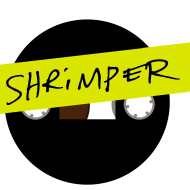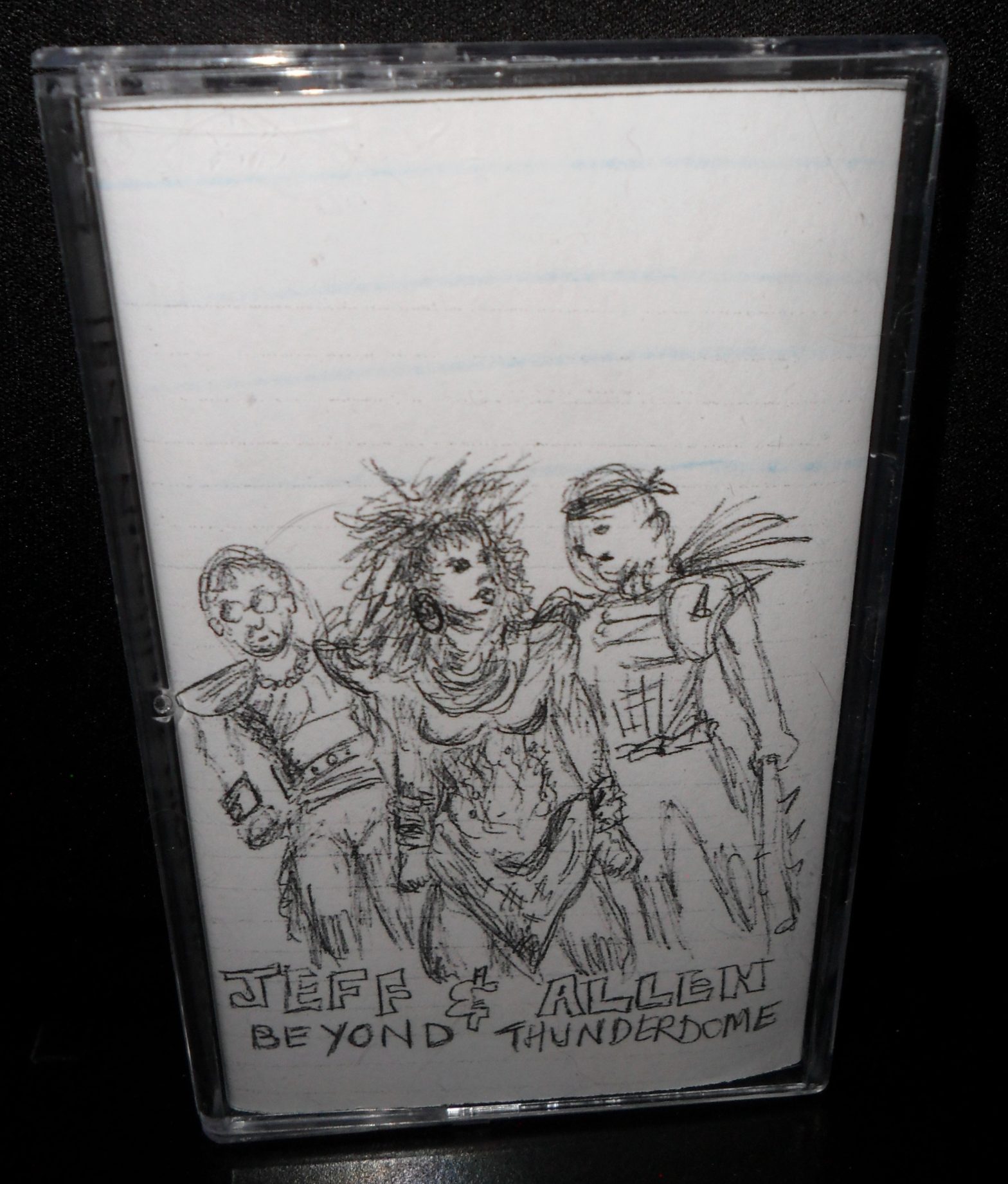What kind of gifts have your brought forth, Covid-19? I used to dig the dress up beaks of plague crows with their potpourri stuffed nostrils walking the streets of the fourteenth century. Those, of course, were archaic portraiture. It is hard to look at you now, though. “It’s not that funny, is it?” to quote Lindsey Buckingham, when it happens to you in real time. Nope. Multiple family members and friends of mine got sick, friends lost family members, so many of us sacrificed birthdays and halloweens and thanksgivings, high holidays all lower cased because it was us alone in our homes. Maybe a dog or cat keeping us company. Maybe our kids or our lover if we were lucky. Everyone is home. No one can come out. No one can find time to answer the phone. But I am calling you nonetheless from the back porch of Southern California with stacks of records from the vineyards out here piled up next to the stereo.
The harvest from the golden state was healthy in 2020, maybe the lack of smog this year, time on our hands. As if it weren’t enough that artists whose records I received for Christmas in the lean early years of the 80’s made records this year that were brilliant & on endless repeat in my home (cheers to you Sparks & X), there were also Southern California releases by my peers that grew up here or moved here that made me wonder if I would always stay in the minor leagues (Franklin Bruno & The Human Hearts, Falcon Eddy, The Mountain Goats) and those that are my SoCal juniors like Kevin Morby, David Herman Dune and So Many Wizards that inspired me.
Old dinosaurs don’t die, they become fuel. Tom Petty’s west coast transplant success “Wildflowers” box set took root. Los Angeles recordings by Prince that surfaced on his “Sign O’ the Times” boxset allow his inclusion here. That song about “Wally” on that 6 or 7 disc set, I imagine what it was then before Suzanne was forced to erase it. What about new artist? AzSwaye’s minimal Hip Hop killed it. “Real Movie” by him reverberated with it’s manufactured snow flocked tree of disease. BH “Trap Pac”, we don’t care if you don’t like traps you bearded fifty somethings – go lissen’ to Eric Clapton or Frank Zappa. Stroke that pepper and salt rug hanging off of yer’ chin until it cums all over Van Morrison’s anti-mask. This one slays it. And Vi Redd, on her alto sax, I heard her calling me through the citrus groves, beckoning me to get back home in a dream.
I could rattle on about more music from this 60 square mile radius that made my year, but you get the point. Grown in sharper, the wealth of sound from around the globe over the last twelve months was far too much for me to digest. What a banner of a mother it was musically. Thank you non musicians, embarrassed to be called artist artists and all points in between for the salvation.
Covid-19, it wasn’t you that meant to take so much from us. It is just that your make up and ours can’t coexist so well together. You are a terrible room mate. I see your maskless proponets on my dazed winds by foot, welcoming sickness. Someone has to do it, so why not them? The end of the worlders, sandwich boarders, conspiracy fornicators pushing out new tubes of sour cream Crest from them vacant anuses and armpits, I am calling, wishing even them the happiest of new years. I say this aloud as I type, then pardon myself as I shit my pants and plastic bag my clothing. It is rude to leave your shit everywhere. My mom taught me that. Merry Christmas, Baby. Happy Hanukkah Darling. Here’s to bringing back all of them upper cases in 2021.









